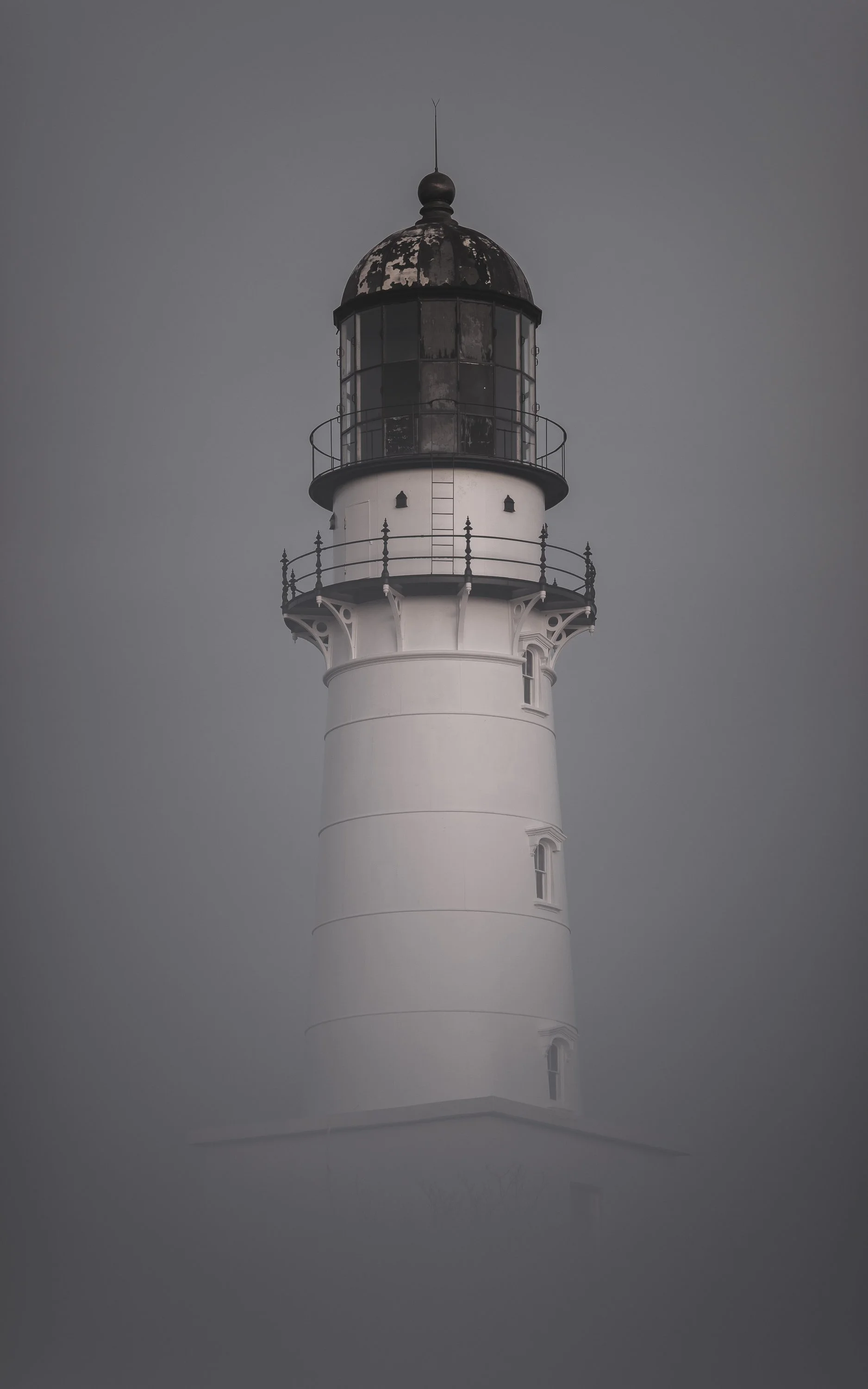The Enduring Light
Limited Edition
Includes Certificate of Authenticity
Open Editions available up to 20” on the long edge.
Inquire about availability
About the work
Materials Archival Pigment Print
Available Sizes S, M, L, XL
Rarity Each artwork is available as a Limited Edition from 24” and above, and as an Open Edition up to 20”.
Signature Hand-signed
Certificate of Authenticity Included
Frame Not included

